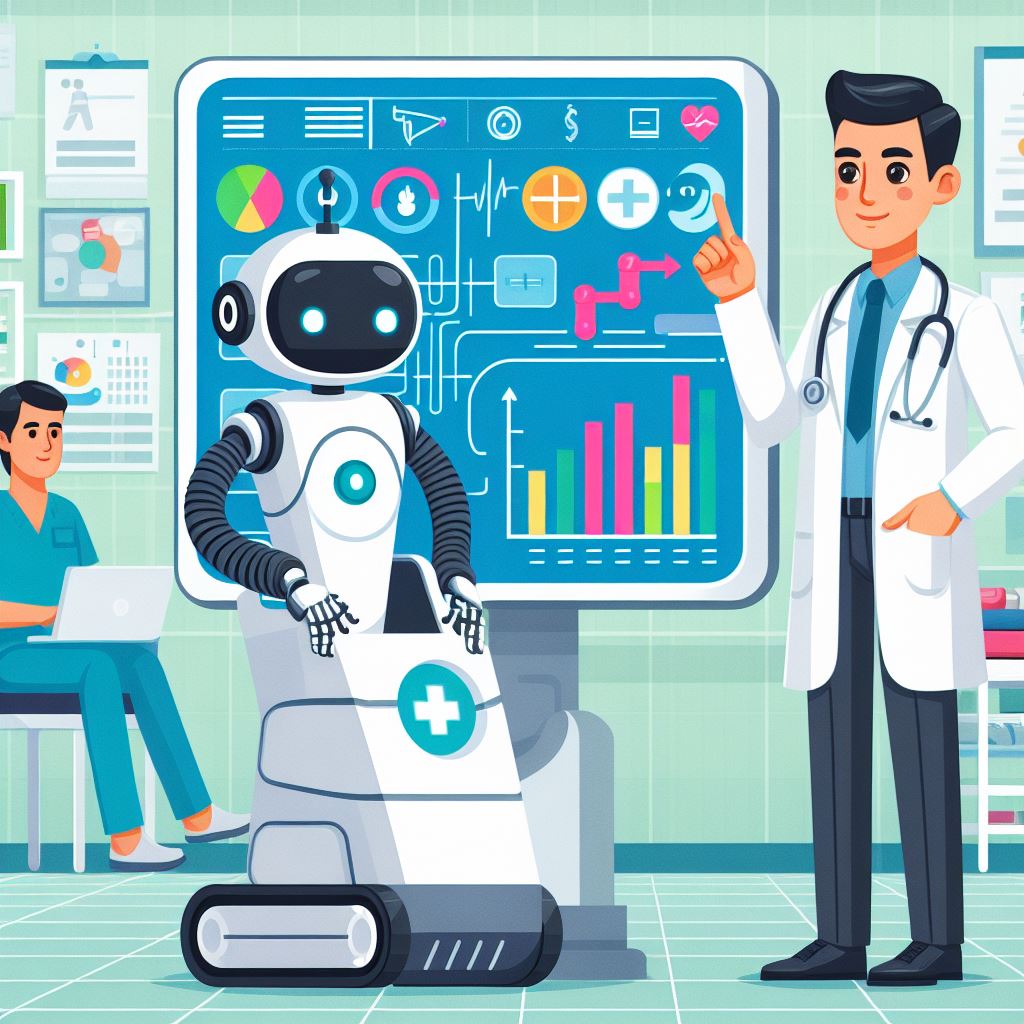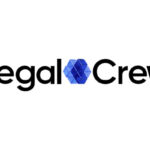
Artificial Intelligence (AI) is transforming many industries, leading to an era of ‘AI Transformation (AX)’ beyond Digital Transformation (DX), and the healthcare sector is increasingly adopting AI to improve customer satisfaction and streamline operations.
From solutions that automate tasks such as patient advice and appointment management to dramatically improve the customer experience, to technology that can read X-rays and assist with disease diagnosis, AI is being used in many areas of the healthcare industry.
Skelter Labs – Seoul National University Bundang Hospital (SNUBH) introduces AI-based Speech-to-Text (STT) technology and Artificial Intelligence Contact Centre (AICC) competitiveness…
Skelter Labs, Korea’s leading artificial intelligence (AI) company, is working with Seoul National University Bundang Hospital (SNUBH) to enhance the competitiveness of the AICC by providing speech-to-text (STT) technology to improve the call centre’s consultation services. The key is to introduce an automated system based on AI that recognises and converts the content of agents’ and customers’ calls to text in real time at SNUBH.
Seoul National University Bundang Hospital (SNUBH) will be able to provide more advanced medical consultation services and improve the accuracy of consultation records, consultation satisfaction and hospital credibility. This will improve patient convenience and consultant efficiency.
The AIQ+Speech solution used to support the speech recognition technology is a speech-to- language model based on deep learning. It uses an end-to-end (E2E) model that takes speech input and converts it to text in real time, enabling rapid training on new data and customisation of the model for specific domains.
It has been trained on a large volume and variety of Korean speech datasets, including various regional dialects, complaint dialogues and customer service speech, and has achieved recognition rates of up to 90%, with the highest accuracy compared to other comparators in a benchmark test (BMT).
At Gangnam Severance Hospital, the AI chatbot is integrated with an electronic medical record system (EMR system) to help manage appointments and streamline procedures.
Gangnam Severance Hospital has been continuously building and updating its AI chatbot since 2021, and with this latest enhancement, it is now able to provide a reservation function through KakaoTalk for returning patients.Patients can easily get information and guidance from the chatbot without having to visit the hospital or make a phone call, and it is linked to the hospital’s EMR (Electronic Medical Record) system, allowing for real-time reservation inquiries, checking reservation history, and changes and cancellations.
Returning patients can use the chatbot reservation function through KakaoTalk without having to download a separate app or programme. The Gangnam Severance Hospital chatbot is designed so that patients can seamlessly use the chatbot without additional authentication, unless their information changes after the initial PASS authentication.
AI reads X-rays…, Kaka Brain, ‘KARA-CRX’, an assisted reading service, will be released later this year
Kakao Brain plans to launch ‘KARA-CRX’, a service that uses generative AI to read chest X-rays and assist in report writing, by the end of the year. To this end, Kakao Brain has signed joint research agreements with 11 Korean university hospitals, including Soonchunhyang University Hospital (Cheonan, Gumi, Seoul), Chungnam National University Hospital, Chungbuk National University Hospital and Ajou University Hospital.
With KARA -CXR, Kakao Brain aims to reduce the time needed to read chest X-rays and help solve the shortage of specialised medical staff. KARA -CXR not only generates draft readings, but also allows multiple file uploads and supports various functions such as measuring objects in the image, zooming in and out, and contrast adjustment for easy image reading.
The performance of the KARA -CXR is also highly anticipated. Last month, researchers at Inha University Hospital published a paper in the international journal ‘Dynamics’ showing that Kakao Brain’s ‘KARA -CXR’ outperformed OpenAI’s ‘GPT-4’ large language model (LLM). The researchers, including Professor Lee Roon Inha from the Department of Radiology at Inha University Hospital, analysed 2,000 chest images using KARA-CXR and GPT-4 and found that KARA-CXR’s accuracy was 68-70%. This is 21 to 30 percentage points higher than GPT-4’s 40 to 47 percent.
Lunit, the world’s leading AI solution for breast cancer screening, is now available to US healthcare organisations. Expanding global reach.
Lunit, the medical artificial intelligence (AI) company, is rapidly expanding its global footprint with the signing of a supply agreement with Mosaic Breast Imaging (MBI), a US-based breast specialist, for two of its AI solutions for breast cancer screening, Lunit INSIGHT DBT and Lunit INSIGHT MMG.
Lunit INSIGHT DBT is an AI-powered analysis of three-dimensional images from Digital Breast Tomosynthesis (DBT) mammograms to help physicians diagnose breast cancer. It is said to be faster and more accurate than existing two-dimensional breast mammography. It was the first AI solution for 3D breast cancer detection in Korea to be approved by the US Food and Drug Administration (FDA) late last year, and began sales in the US two months after approval.
Under the terms of the agreement, Lunit will supply MBI with Lunit INSIGHT DBT and Lunit INSIGHT MMG for one year, which MBI will use to provide patients with more accurate diagnoses of breast disease and improve diagnostic efficiency for medical staff.

![[BLT칼럼] 아이온큐가 특허로 '기술 신뢰도'를 쌓은 법 : 양자컴퓨팅 시대, IP 전략 제시 8ee48ae3a3a11](https://platum.kr/wp-content/uploads/2025/10/8ee48ae3a3a11-150x150.png)




Leave a Comment